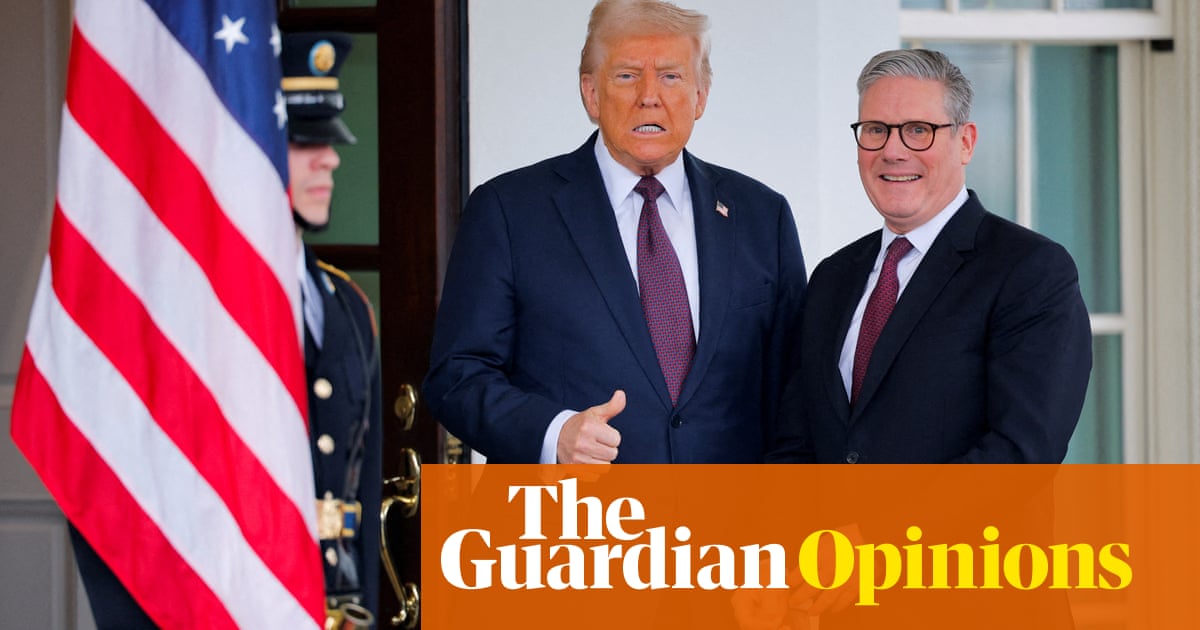Cooling inflation, resilient wage growth, and an economy outperforming expectations. After the turmoil since Donald Trump’s “liberation day”, there are some signs that Britain entered the crisis in reasonable shape.
The trouble is, the good news is unlikely to last long. The bigger-than-expected decline in inflation to 2.6% in March will come as a welcome reprieve for hard-pressed households. But it is a snapshot from a rear-view mirror, on an increasingly rocky journey.
Economists expect inflation to increase sharply next month. And while there is heightened uncertainty over how precisely Trump’s escalating trade war will hit the British economy, the country will not escape unscathed.
April is a truly awful month for households, with rising energy bills and a slew of changes for utilities and other regulated prices, including council tax, broadband and mobile phone bills.
Most experts, including forecasters at the Bank of England, anticipate inflation will reach almost 4% by the summer.
Typically forecasts showing inflation hitting twice the Bank’s official target would give policymakers at Threadneedle Street significant pause for thought. This is why Andrew Bailey, the Bank’s governor, believes a “gradual and careful” approach is required.
There are also signs that could delay the rate-cutting cycle. The UK economy has performed more strongly than feared in recent months, with growth of 0.5% in February defying gloomy business surveys and warnings of shattered consumer confidence hitting household spending.
With official borrowing costs set at 4.5%, however, the Bank acknowledges that interest rates are restricting the economy. Before Trump’s trade war, the lurch back up to higher levels of inflation was expected to be temporary.
However, the outlook is deteriorating rapidly. Economists reckon the worsening global backdrop should raise the chances of a UK recession in the second half of this year, given Britain’s relative openness to world trade.
There is a also high degree of uncertainty over the short-term inflation impact for UK consumers from Trump’s trade war.
On the one hand, the US effectively shutting out Chinese imports could lead to goods that had been produced for the American market turning up in Britain and other European countries instead, bringing down prices. On the other hand, severe disruption to multinational companies’ supply chains and tit-for-tat tariffs being used by several countries all at once could push up prices.
In the longer term, however, the direction of travel is clearer. The damage to economic growth from the trade war – with the likelihood that it hits import and export activity, cripples business investment and chills consumer confidence worldwide – will sap inflationary pressures in time.
after newsletter promotion
The concern is the growth hit from Trump’s trade war will outweigh the risks from the small inflationary uptick expected this summer.
Charlie Bean, a former Bank of England deputy governor, has suggested a jumbo half-point interest rate cut at the next policy meeting on 8 May should be warranted, amid growing pressure on the central bank to shore up the economy.
Financial markets reflect an almost 90% chance of a quarter-point rate cut, and predict that another two could follow before the end of the year.
The justification for the Bank to keep interest rates on hold, given the worsening global outlook, will become increasingly difficult to maintain.

.png) 1 day ago
7
1 day ago
7













































